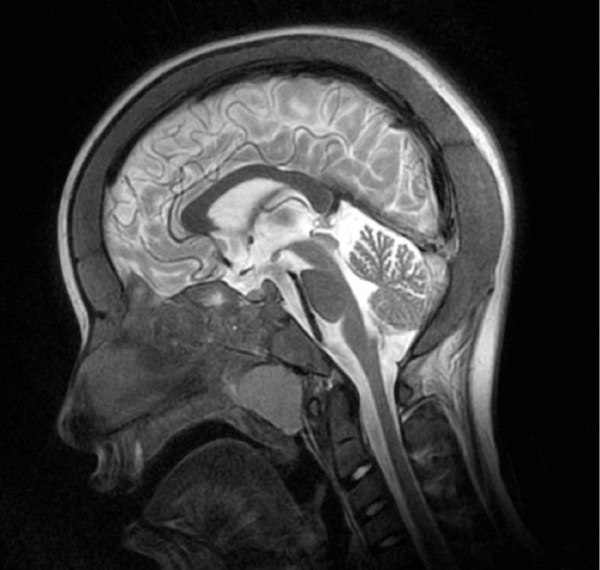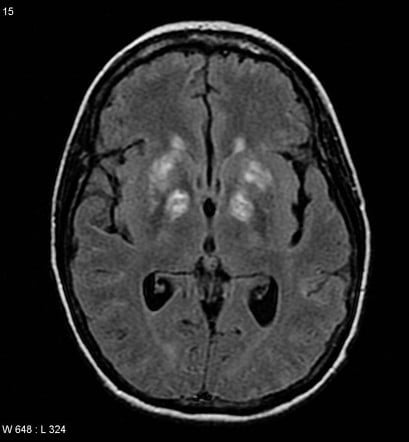ABOUT MULTIPLE SCLEROSIS (MS) MANAGEMENT
Multiple sclerosis (MS) management includes a variety of treatments used to manage the symptoms of MS. MS is a disease which causes the immune system to attack myelin, which functions as insulation and protection for the nerves in the body. Once the myelin breaks down, it disrupts signals traveling from the brain to the body. The nerves may become damaged and once this happens, the nerves cannot be repaired.
MS is an incurable autoimmune disease and symptoms include fatigue, muscle weakness and spasms, double vision, pain, and numbness in the arms or leg, which is usually on one side of the body. The severity of symptoms can vary over time, with periods whereby the symptoms flare-up, and other periods where the symptoms may go into remission.
There are 3 different types of MS, relapsing remitting MS, secondary MS, and primary MS. Relapsing remitting MS is the most common type of MS which involves periods of flare-ups and remission. This type of MS may progress into secondary MS, which tends to intensify the symptoms. Primary MS is the least common and most severe type of MS, whereby there are no periods of remission.
The cause of the disease is not known, however family history and environmental factors are associated with the disease.
While there is no cure for MS, treatment aims to relieve symptoms and slow down the progression of the disease. Treatments include physical therapy, medication, and steroids.
TIME REQUIREMENTS
- Number of days in hospital: 1.
Patients will usually leave on the same day as receiving physical therapy or checkups.

HOW TO FIND QUALITY TREATMENT ABROAD
BEFORE MULTIPLE SCLEROSIS (MS) MANAGEMENT ABROAD
Patients will meet with the doctor do discuss the treatment options. The doctor may recommend physical therapy, medication or steroids. By undergoing treatment, the number of relapses can be reduced.
Patients with complex conditions may benefit from seeking a second opinion before beginning a treatment plan. A second opinion means that another doctor, usually an expert with a lot of experience, will review the patient’s medical history, symptoms, scans, test results, and other important information, in order to provide a diagnosis and treatment plan. When asked, 45% of US residents who received a second opinion said that they had a different diagnosis, prognosis, or treatment plan.
HOW IS IT PERFORMED
Physical therapy is one of the treatments that may be used to help manage MS symptoms. By performing certain exercises and movements, the muscle spasms can be managed and it can also help improve muscle weakness and stiffness.
Medication can be used to symptoms affecting vision and causing pain. This medication is prescribed by the doctor and is taken orally.
Steroids are mainly used to manage a relapse of the condition by accelerating the recovery process. Steroids can be administered in the form of pill or by injecting it into the vein. Once taking steroids, the treatment will be monitored and regulated by the doctor, as steroids should not be taken for long periods of time.
If the patient is experience fatigue, the doctor may recommend that they make lifestyle changes to help, such as exercising more and changing their diet.

IMPORTANT THINGS TO KNOW ABOUT MULTIPLE SCLEROSIS (MS) MANAGEMENT
Potential risks
- Osteoporosis
- Diabetes
- Weight gain











